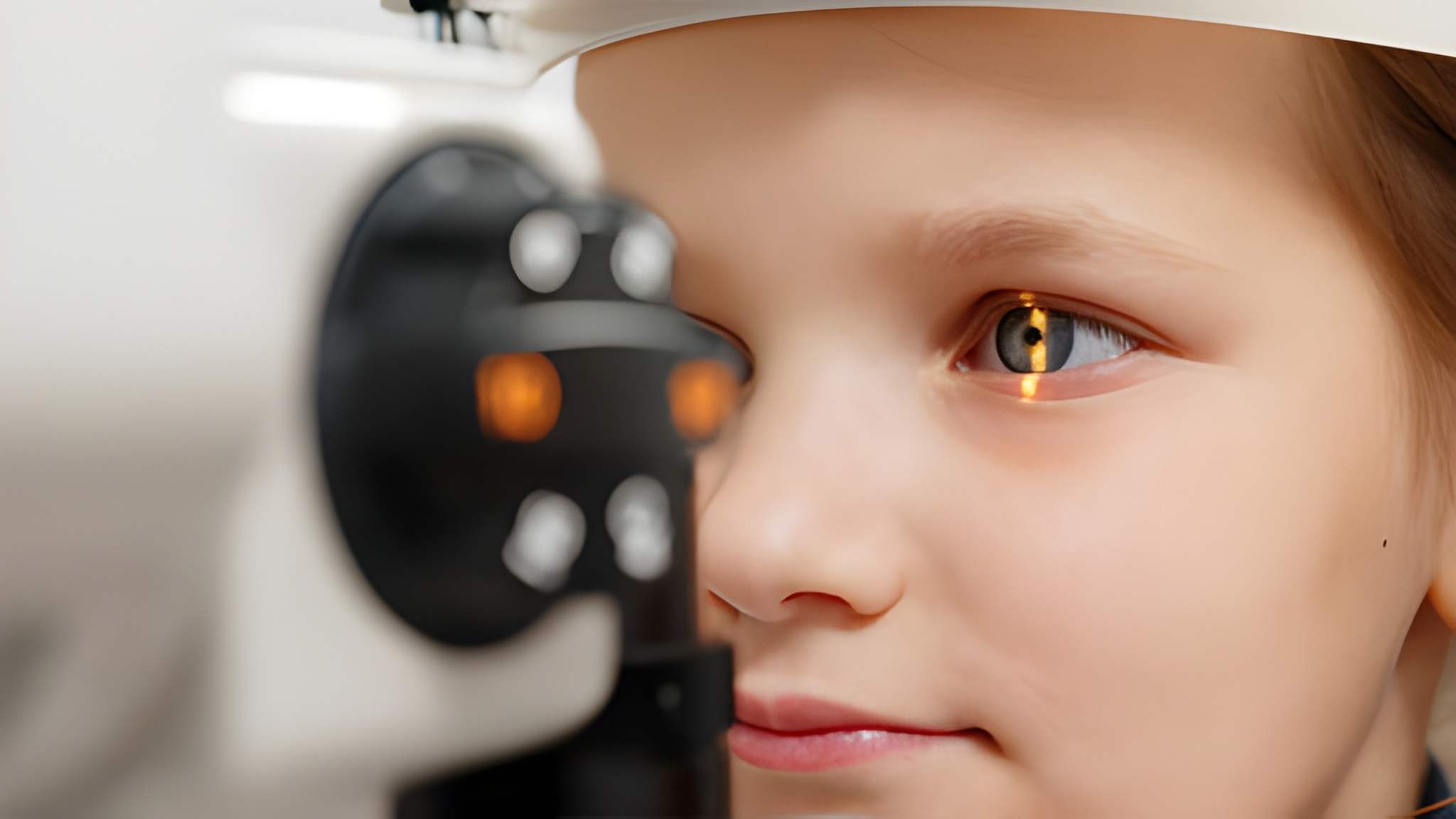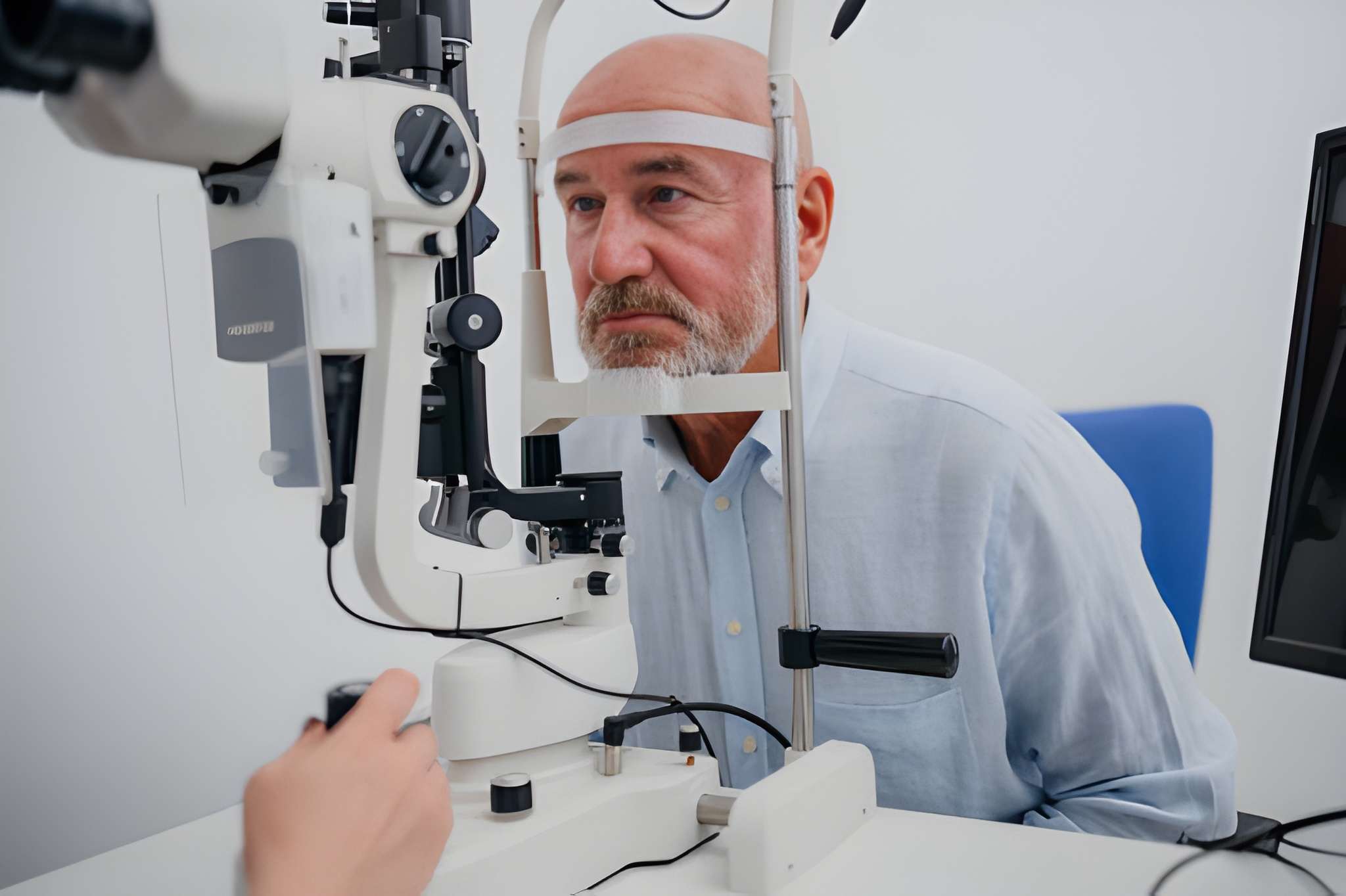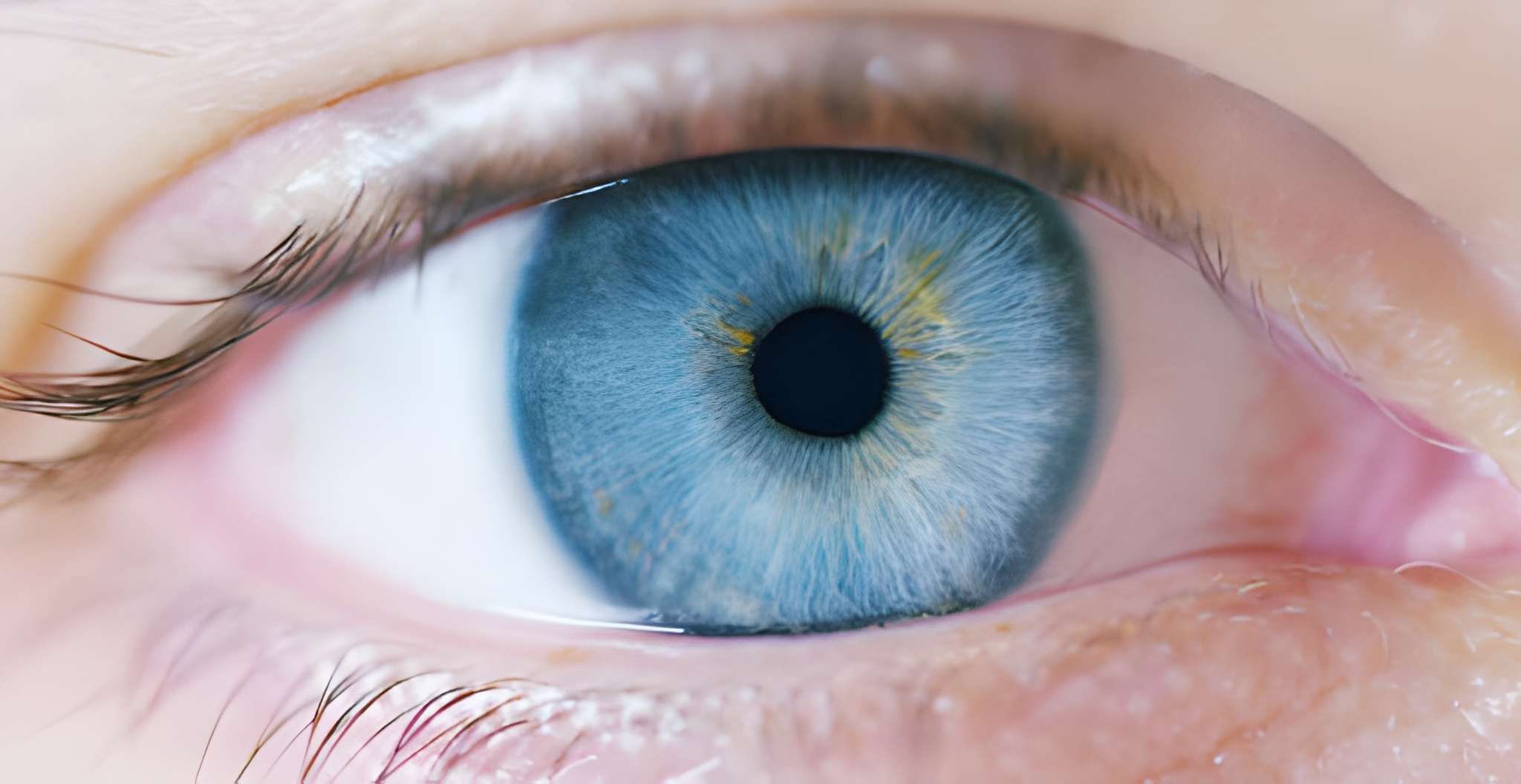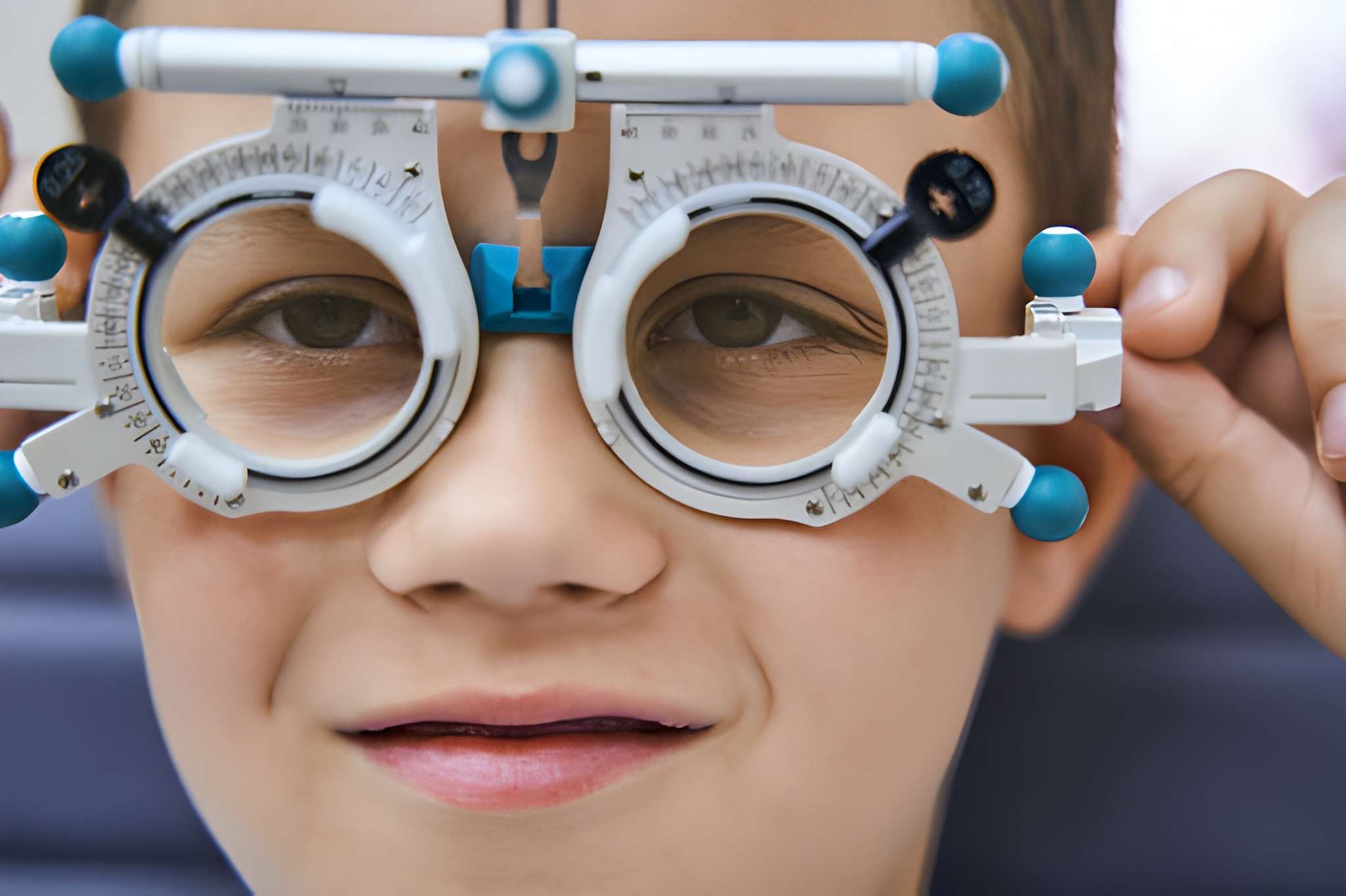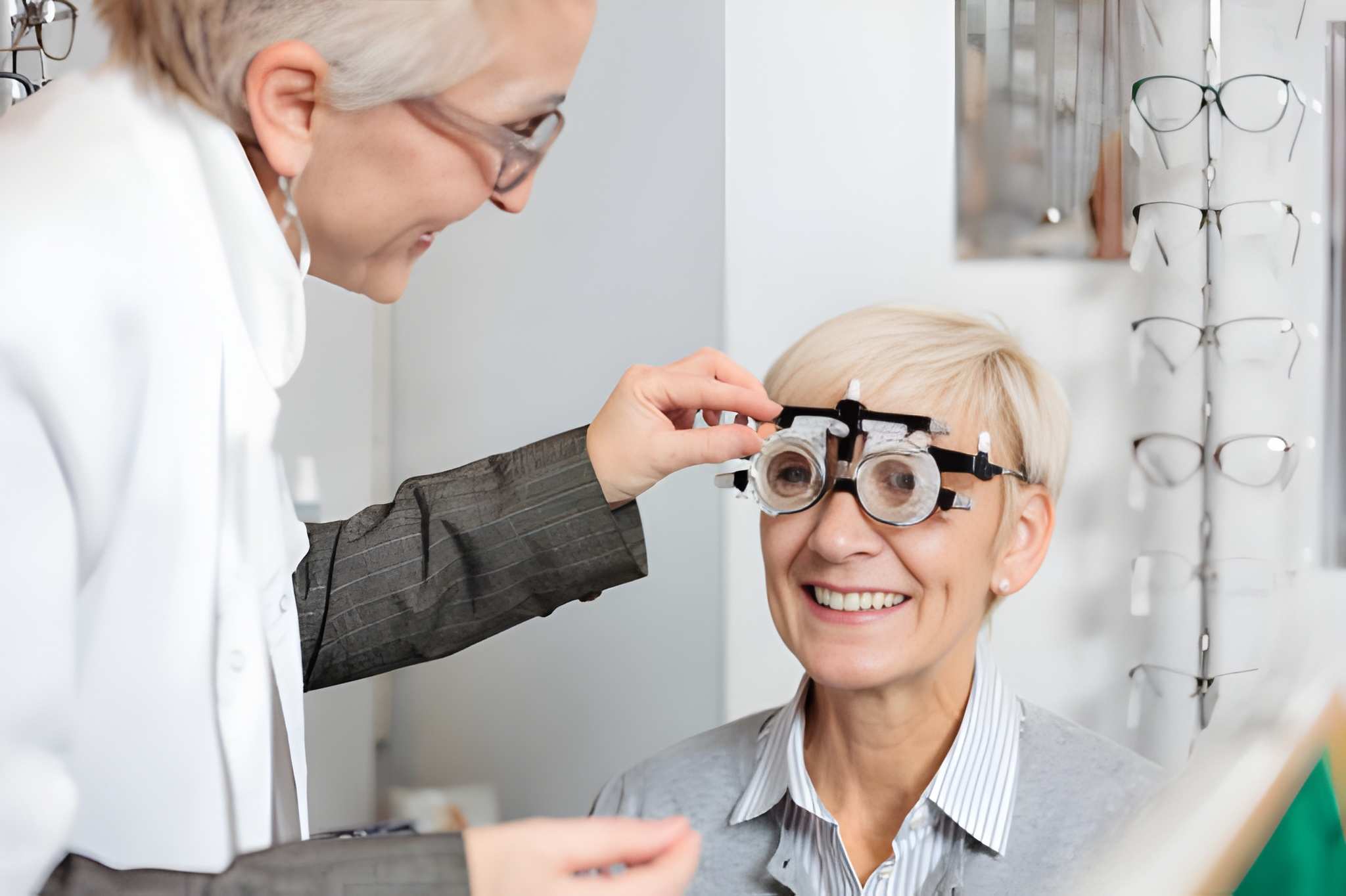Eye muscle development is crucial for infants as it lays the foundation for their visual capabilities and overall sensory perception. Strong eye muscles enable babies to focus, track objects, and perceive depth, facilitating their exploration of the world around them. Early intervention to support healthy eye muscle development can have long-lasting benefits for a child’s visual health and cognitive development. This article aims to provide parents with comprehensive guidance on strengthening their baby’s eye muscles. By understanding the developmental milestones, recognizing signs of weakness, and implementing effective techniques and environmental adjustments, parents can actively support their baby’s visual development and promote optimal eye muscle strength.
Get Appointment With Pediatric Ophthalmologist in Dubai
Baby’s Eye Muscle Development
Developmental Milestones: Birth to 1 Year
During the first year of life, babies undergo significant changes in their visual abilities. From basic visual tracking to more complex depth perception, understanding the developmental milestones can help parents gauge their baby’s progress and identify any potential concerns.
Factors Affecting Eye Muscle Strength
Various factors, including genetics, environmental stimuli, and nutritional intake, influence the strength and coordination of baby’s eye muscles. Awareness of these factors allows parents to create an optimal environment for supporting healthy eye muscle development.
Common Eye Muscle Developmental Issues
Some babies may experience developmental issues affecting their eye muscles, such as strabismus (crossed eyes) or amblyopia (lazy eye). Recognizing these issues early enables parents to seek timely intervention and treatment.
Signs of Weak Eye Muscles in Babies
Strabismus (Crossed Eyes)
Strabismus occurs when the eyes are misaligned, leading to one or both eyes turning inward, outward, upward, or downward. Early detection and intervention are crucial for addressing strabismus and preventing vision problems.
Amblyopia (Lazy Eye)
Amblyopia refers to reduced vision in one eye due to abnormal visual development during infancy and early childhood. Prompt treatment, such as patching therapy or corrective lenses, can help strengthen the affected eye and improve vision.
Other Indicators of Eye Muscle Weakness
Additional signs of weak eye muscles in babies include difficulty tracking objects, excessive tearing, sensitivity to light, and frequent eye rubbing. Parents should monitor these symptoms and consult a pediatrician if concerns arise.
Techniques to Strengthen Baby’s Eye Muscles
Visual Stimulation Activities
Engaging in visual stimulation activities such as tracking objects, tummy time exercises, and using high-contrast toys can enhance eye muscle strength and coordination in babies.
Tracking Objects
Encourage your baby to track moving objects with their eyes, stimulating eye muscle movement and improving visual tracking skills.
Tummy Time Exercises
Tummy time not only strengthens neck and shoulder muscles but also provides opportunities for visual exploration and development.
Using High-Contrast Toys
High-contrast toys and images attract baby’s attention and promote visual stimulation, supporting healthy eye development.
Optometry Exercises
Guide your baby’s gaze in different directions to encourage eye movement and coordination. Play games that involve focusing on objects at varying distances and tracking their movements, improving depth perception and visual tracking abilities. Using a flashlight or a bright object, move it slowly across your baby’s field of vision to stimulate eye movement and coordination.
Nutritional Support for Eye Health
Ensure your baby receives a balanced diet rich in essential nutrients like vitamin A, omega-3 fatty acids, and antioxidants, which are crucial for eye health and development. Incorporate foods such as carrots, spinach, salmon, and eggs into your baby’s diet to provide essential nutrients for eye muscle strength and overall vision. Breastfeeding provides essential nutrients and antibodies that support healthy eye development, but if breastfeeding is not possible, choose a formula fortified with DHA and other nutrients beneficial for eye health.
Schedule a Consultation With Dr-Qasim Now
Are you concerned about your baby’s eye health? Dr. Qasim, our best pediatric ophthalmologist, is here to help! Schedule a consultation today to ensure your baby’s eyes receive the care and attention they deserve. Don’t wait—prioritize your baby’s vision for a brighter future!
Creating a Healthy Environment for Eye Muscle Development
Ensure proper lighting in your baby’s environment to support visual development and reduce eye strain. Natural light and well-lit spaces are ideal for stimulating visual acuity. Minimize exposure to screens and electronic devices, as excessive screen time can strain baby’s eyes and interfere with healthy eye development. Schedule regular eye check-ups with a pediatrician or ophthalmologist to monitor your baby’s eye health and address any concerns promptly.
Addressing Eye Muscle Development Concerns
Seek professional guidance if you notice any signs of weak eye muscles or developmental issues in your baby. Early intervention is crucial for addressing eye health concerns effectively. Implement early intervention strategies recommended by Eye Doctors to address eye muscle weakness or developmental issues promptly. These may include vision therapy, corrective lenses, or surgical interventions. Explore treatment options available for addressing eye muscle weakness or developmental issues, such as patching therapy for amblyopia or corrective surgery for strabismus, under the guidance of a specialist.
Promoting Long-Term Eye Health in Babies
Continue engaging in eye-strengthening activities and visual stimulation exercises as your baby grows to support long-term eye health and development. Encourage outdoor play and exploration, as exposure to natural light and visual stimuli in the environment promotes healthy eye development and overall well-being. Active parental involvement in supporting baby’s visual development and addressing eye health concerns is essential for promoting long-term eye health and ensuring optimal vision outcomes.
Educational Resources for Parents
Explore books and resources that provide information on baby eye development, visual stimulation techniques, and tips for promoting healthy vision in infants. Utilize online resources and support groups dedicated to infant eye health and development to access valuable information, connect with other parents, and seek guidance from experts. Attend parenting classes or workshops focused on visual stimulation techniques and strategies for promoting healthy eye development in babies. These classes provide hands-on learning opportunities and expert guidance to help parents effectively support their baby’s visual development.
Final Thoughts
By understanding the importance of eye muscle development, recognizing signs of weakness, and implementing various techniques and environmental adjustments, parents can actively support their baby’s visual development and promote optimal eye muscle strength. Early intervention is crucial for addressing eye muscle weakness or developmental issues promptly, and regular monitoring of baby’s eye health ensures timely detection of any concerns. By staying proactive and vigilant, parents can help their baby achieve optimal visual outcomes. Parents play a vital role in promoting their baby’s eye health and development. By prioritizing eye-strengthening activities, creating a healthy environment, seeking professional guidance when needed, and staying informed through educational resources, parents can ensure their baby’s eyesight remains healthy and vibrant throughout childhood and beyond.
Stay Informed and Proactive for Your Baby’s Eye Health!
In the journey of parenting, every step counts, and nurturing your baby’s eyesight is no exception. With the knowledge and strategies provided in this article, you can empower yourself to be a proactive advocate for your baby’s visual health. Remember, the early years are crucial for laying the foundation of healthy eye development, so start implementing these tips today to give your little one the gift of clear vision and bright-eyed wonderment!
Read More: Why Do Children Have Eye Problems?




